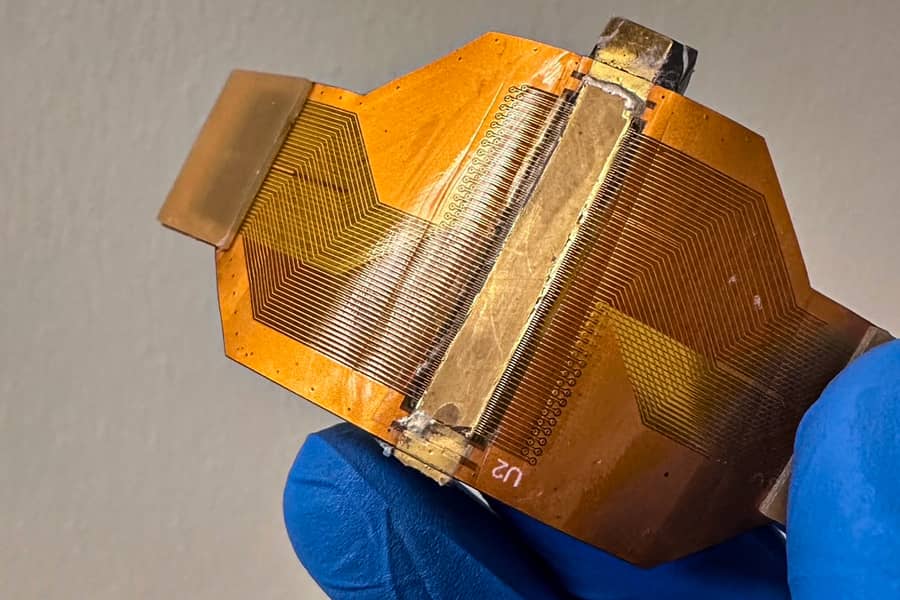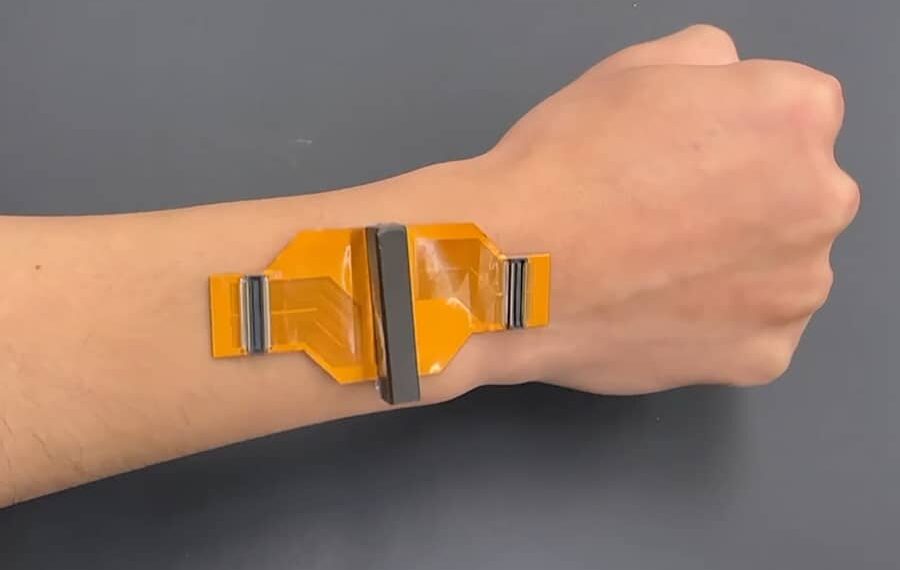Engineers at the Massachusetts Institute of Technology (MIT) have created an ultrasound sticker to monitor the stiffness of internal organs, which could help detect diseases early.
The small sticker, similar in size to a postage stamp, can be placed on the skin to detect signs of diseases like liver and kidney failure, as well as the growth of solid tumors.
In a study published in Science Advances, the team explains how the sensor sends sound waves into the body through the skin, which bounce off internal organs and return to the sticker.
The sticker can measure and track organ stiffness by analyzing the pattern of reflected waves, which serves as a signature.
MIT mechanical engineering professor Xuanhe Zhao stated, “When some organs undergo disease, they can stiffen over time.
The team showed that the ultrasound sticker can monitor organ stiffness non-stop for 48 hours and detect small changes that might indicate disease development.
In initial tests, they found the sensor could pick up early signs of acute liver failure in rats.
The engineers are modifying the design to make it suitable for human use. They expect the sticker to be utilized in intensive care units (ICUs), where the small sensors could constantly monitor patients recovering from organ transplants.

